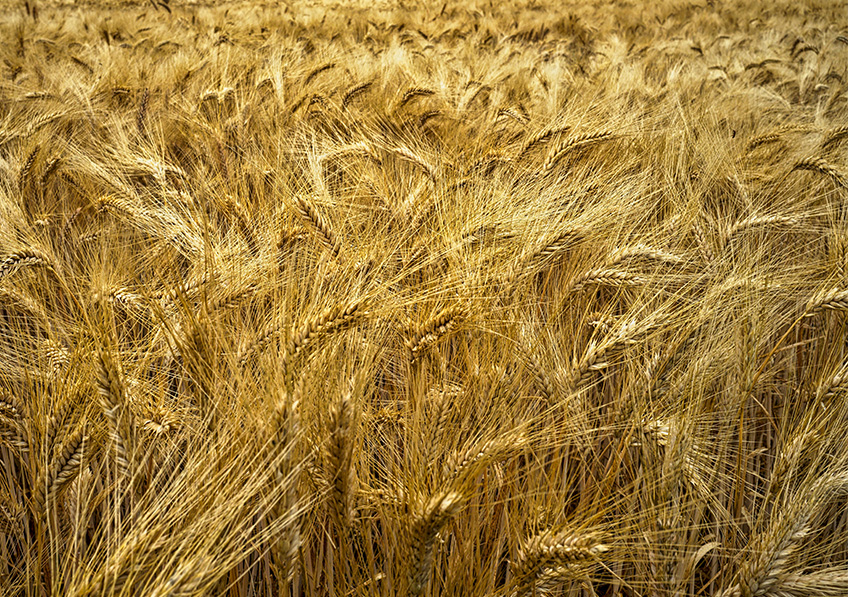HOMMAGE - Alors que TF1 lance la deuxième édition de “Stars à Nu” ce vendredi 5 février soir dès 21h, Laurent Maistret s’est confié au Parisien sur les raisons qui l’ont poussé à y participer. Il raconte le long combat de sa mère contre le cancer et qui a finalement succombé du Covid-19.
Au lendemain de la journée mondiale de lutte contre le cancer, Alessandra Sublet présentera le programme qui a, cette année, pour objectif de sensibiliser les téléspectateurs au dépistage du cancer du côlon. Comme Camille Lacourt, Christophe Beaugrand, Maëva Coucke et dix autres personnalités, Laurent Maistret a choisi de relever le défi de se mettre à nu. Mais, l’ancien vainqueur de “Koh-Lanta” et “Danse avec les Stars” a surtout accepté ce challenge pour sa mère Aïcha.
La triste nouvelle a été annoncée à sa maman fin 2013: un cancer de la peau vient de lui être diagnostiqué. “Quand un proche t’apprend qu’il a un cancer, c’est un coup de gong dans le crâne. Alors quand c’est ta mère…” explique-t-il dans les colonnes du Parisien . S’en suit une longue période de lutte contre la maladie.
La maman de Laurent Maistret était pudique
Laurent Maistret revient notamment sur les difficultés de sa mère à se mettre à nu ce qui a, selon lui, retardé le diagnostic de son cancer. ”Ça faisait longtemps qu’elle avait un truc au niveau des fesses. Ma mère avait aussi du mal à se mettre à nu. Alors que pour un médecin, c’est comme voir des dents pour un dentiste”, déclare-t-il.
Après deux opérations, chimiothérapie et radiothérapie, la mère du sportif de 37 ans s’en est sortie. “Elle a repris le goût à la vie même si elle avait encore du mal à marcher et qu’elle était toujours en rémission. Elle avait gagné le premier round”, confie Laurent Maistret.
Si le participant de “Stars à Nu” était impatient de regarder l’émission avec sa mère, celle-ci a malheureusement contracté le Covid-19 en décembre dernier. Le deuxième round est arrivé bien trop tôt pour sa maman Aïcha, “cette maladie, c’est la roulette russe”, dit Laurent Maistret. Au bout de quelques jours de vertiges, sa mère est transportée en service réanimation et placée en coma artificiel.
La maman de Laurent Maistret s’est éteinte mi-janvier, “toutes ces années de lutte contre le cancer, pour ça ?” soupire-t-il.
Depuis, ce dernier aimerait proposer un autre concept d’émission au producteur de “Stars à Nu” : une soirée consacrée à la prévention contre le coronavirus. À l’hôpital, il explique avoir vu le voisin de chambre de sa mère pas très âgé faire une crise cardiaque. “Les soignants l’ont ramené à la vie. Je les ai vus pleurer. Comment ils font pour tenir ? Certains pensent que l’État fait peur aux gens avec le Covid, mais cette maladie est bien là. Mettez des masques !” conclut-il.
À voir également sur Le HuffPost : Covid: Castex explique pourquoi un troisième confinement est à nouveau écarté
chevron_right





